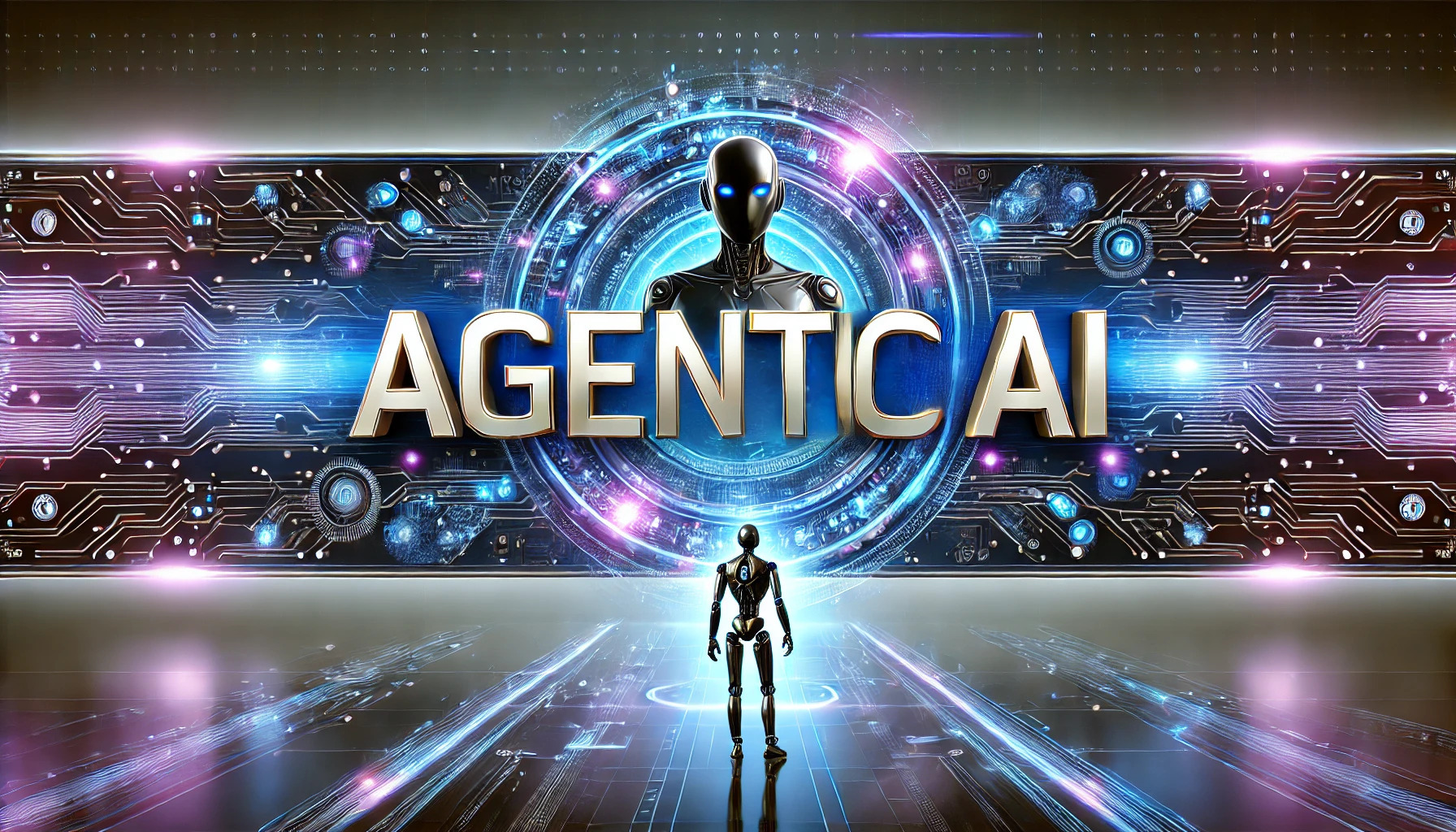
In 2025, the world of artificial intelligence is undergoing a massive transformation. AI is no longer limited to generating text or recognizing patterns it’s now evolving into something far more powerful: Agentic AI.
This next-generation AI doesn’t just respond to commands; it can plan, decide, and take autonomous actions.
According to the MIT Sloan Management Review and AI Business, Agentic AI is one of the top AI trends for 2025 that will revolutionize how businesses, developers, and organizations operate.
Agentic AI refers to advanced artificial intelligence systems capable of acting independently, making decisions, and coordinating complex tasks without constant human input.
Unlike traditional AI that performs one task at a time, Agentic AI can:
Handle end-to-end customer service operations
Generate, test, and deploy code automatically
Collaborate with humans and other AI agents
This ability to act with autonomy and purpose is what makes agentic AI a breakthrough innovation for 2025.
The rise of Agentic AI systems is being driven by multiple factors:
As AI models become more powerful and well-aligned, they can perform multi-step reasoning, automate workflows, and make context-aware decisions.
Companies worldwide are adopting AI-driven automation to increase productivity and reduce costs — and agentic AI offers exactly that.
Modern AI now processes text, image, video, and code together, enabling agents to perform more human-like actions.
The rise of low-code platforms allows even non-technical users to design agentic systems, making this technology more accessible than ever.
Software architecture is moving from monolithic apps to agent-based workflows.
New skills are required: agent design, AI orchestration, and real-time monitoring.
Ensuring the reliability and safety of autonomous systems will be critical.
Automation Potential: Businesses can automate project management, operations, and support.
Competitive Edge: Early adopters of agentic AI will see huge productivity gains.
Organizational Change: Human roles will shift to oversight and exception handling.
New roles like Agent Supervisor and AI Workflow Designer will emerge.
Employees must reskill to manage and collaborate with intelligent systems.
Companies focusing on AI-driven transformation will lead in efficiency and innovation.
With great power comes great responsibility. As Agentic AI evolves, organizations must address the following:
Trust and Reliability: Ensuring AI behaves predictably and safely.
Transparency: Understanding how autonomous agents make decisions.
Fairness and Bias: Preventing discrimination and unethical outcomes.
Privacy: Protecting sensitive data accessed by AI agents.
Human-AI Collaboration: Balancing autonomy with human control.

Share This News